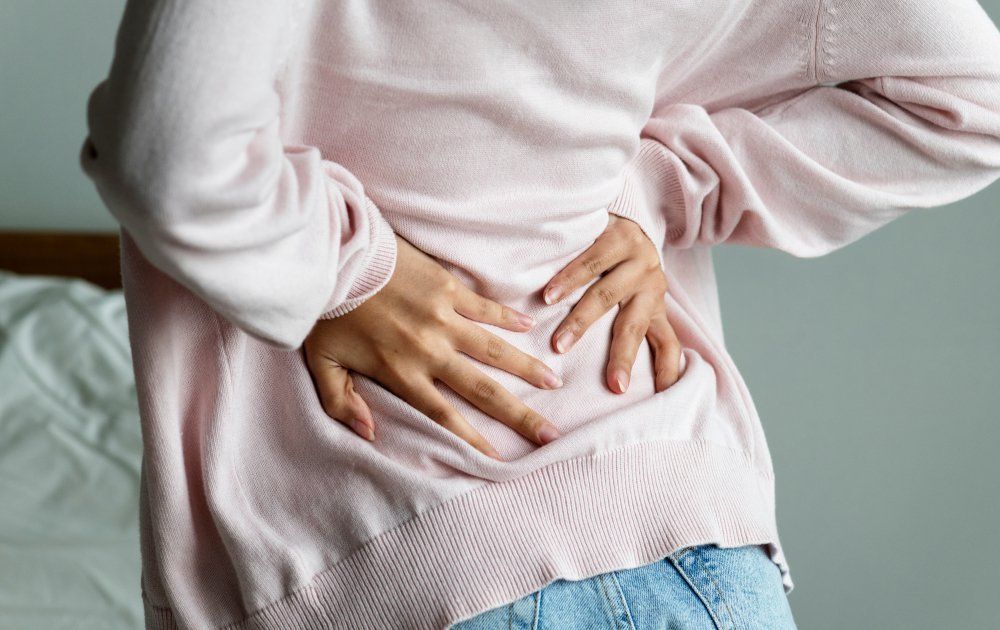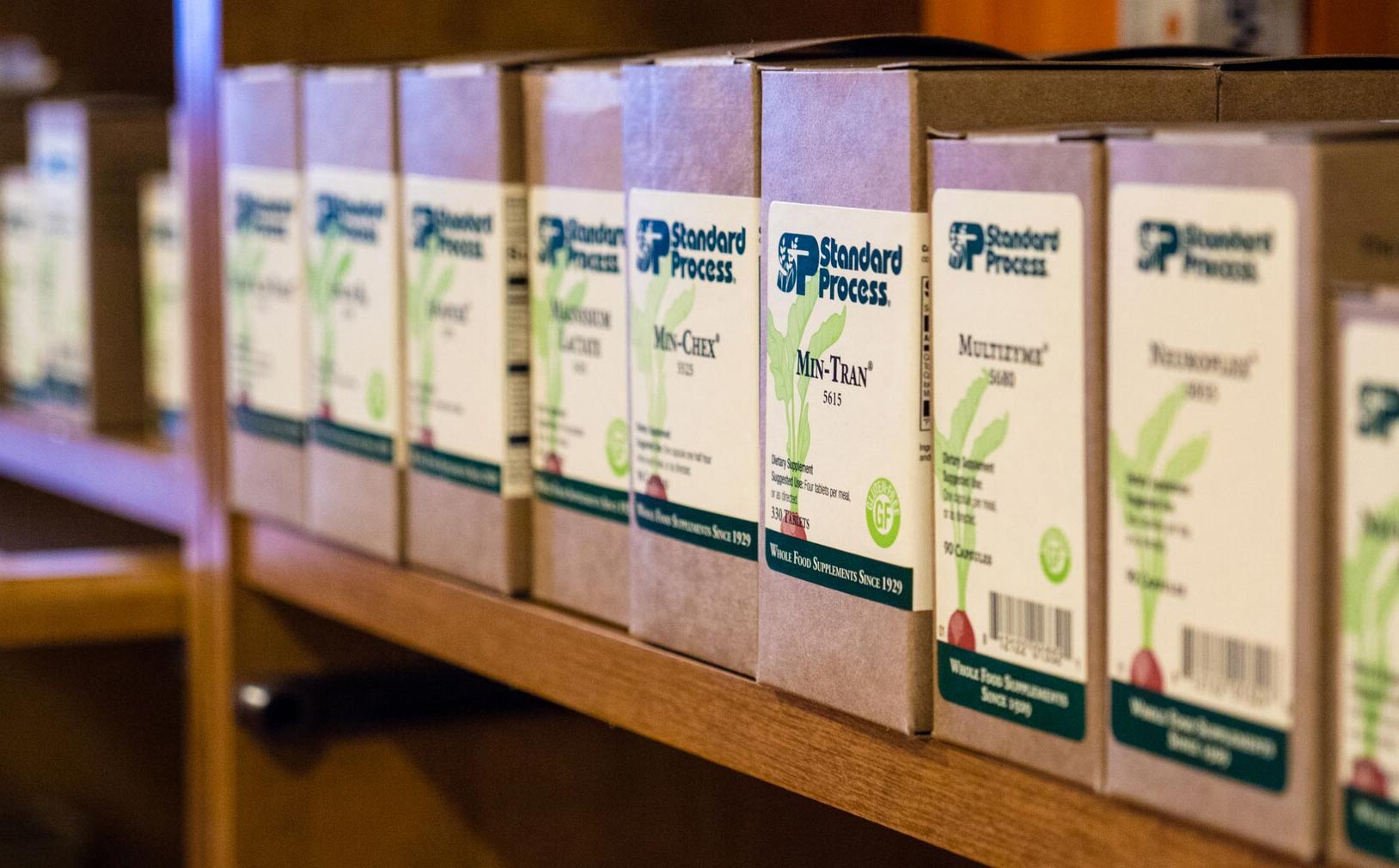3 Signs You Might Have Osteoporosis
We’ve all heard the saying when we were younger, maybe accompanied by a tall glass of milk: “You need calcium for strong bones!” Our bones are formed from living tissue that constantly breaks down and regenerates itself. As we age, however, the tissue may deteriorate faster than it rebuilds, leaving them in a more fragile state, no matter how much milk we drank growing up. This can lead to osteoporosis.
Unfortunately, most of us are unaware we have osteoporosis until we suffer from a fracture. Here are some warning signs that can help you detect a loss in bone density in its early stages.
Loss of Height & Stooped Posture
A stooped posture as a result of osteoporosis is called kyphosis. This condition occurs when weakened bones in the spine break and cause it to curve. While some people with kyphosis experience a constant sharp pain in their back, there is often no pain at all. Some indicators to look out for are an inch or two decrease in height over a year’s time and clothes that do not fit properly due to the curve in the spine.
Weakened Grip Strength
A recent study found that handgrip strength is the most important factor in testing bone density in postmenopausal women. Not only does a strong grip indicate bone health, but it is also important for preventing falls that result in fractures.
Receding Gumline
Receding gums can be attributed to many different factors, including osteoporosis, as our teeth are attached to the jaw. The gumline will recede if the jawbone begins to deteriorate.
How Whole Food Supplementation Can Help
One thing I truly believe is that food is medicine. What we put into our body can have a huge impact on our overall well-being! That being said, adding plenty of calcium-rich foods to your diet is the first step in improving bone health, such as kale, broccoli, and dairy. Supplements are another great option for reaching your recommended dietary allowance of calcium - my personal favorite brand is Standard Process. You should also make sure you’re consuming enough Vitamin D, which is necessary for your body to absorb calcium. Add more oily fish, mushrooms and eggs to your diet, and again, try a supplement if you have difficulty getting enough nutrients through food.
Still have questions? Come in for a complimentary Nutrition Response Testing consultation and we’ll determine exactly what is affecting your bone health.







